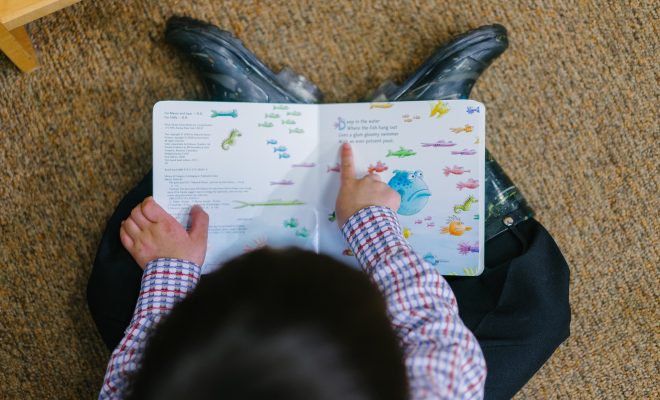Non-Fiction: Everything You Need to Know

Non-fiction is a branch of literature that includes works of narrative prose offering or related to opinions or conjectures based upon reality and facts, including history, biography, self-help, true crime, science, etc. In other words, non-fiction refers to written works based on real events. Thus, when one talks about non-fictional stories, one refers to stories based on real-life experiences. For example, Anne Frank: The Diary of a Young Girl is a popular non-fictional work that showcases Anne Frank’s last years of life, which she spent in Europe as a Jew during World War II.
Non-fiction writing must involve real places, people, and events. Additionally, non-fiction must contain information or facts that can be proved to be true. However, a non-fiction writer can choose and organize such information or facts in different ways to accomplish his purpose. While he can omit some facts, he may choose to show the others in a specific light.
Another characteristic of most non-fiction works is the similarity in their author’s purpose, which refers to the reason why the author writes. For most authors, writing non-fiction is a way to inform their readers or express certain things. In case the author’s purpose is to express, the concepts he describes in his written works are always based on real-life situations. This is a reason why one could argue that all non-fiction helps to inform the reader as well.
The presence of a narrator is yet another facet of non-fiction. A narrator is typically a real person, and in most cases, is the author himself. Non-fiction texts are written for a particular purpose and appeal to a specific audience, which profoundly influences the information or facts included in the text. Some of the most common categories of non-fiction are descriptive, narrative, persuasive, and expository.
Descriptive non-fiction uses details to let the reader imagine a real person or place. An example of such non-fiction is scientific observation. Under narrative non-fiction, one will usually find a real-life story, idea, experience, or accounts of a true event. Some examples are memoirs, autobiographies, and personal journals and essays. Persuasive non-fiction is a text that tries to change or persuade the reader’s way of thinking by presenting relevant facts and details. An editorial or a political speech is an example of this category of non-fiction. Expository non-fiction stands for a text that explains or informs about a subject, an example being a research report.






